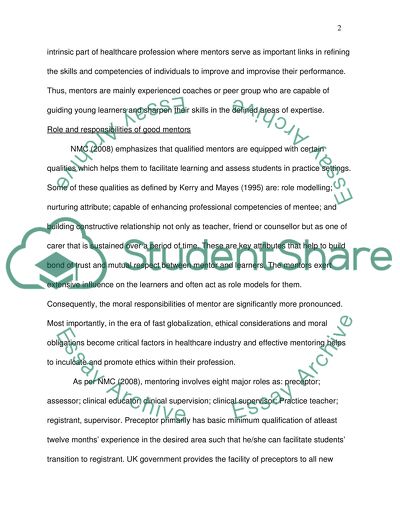Cite this document
(“Role of Mentor in Evaluating Student Learning Essay”, n.d.)
Retrieved from https://studentshare.org/education/1448827-critically-analyse-the-role-of-mentor-in
Retrieved from https://studentshare.org/education/1448827-critically-analyse-the-role-of-mentor-in
(Role of Mentor in Evaluating Student Learning Essay)
https://studentshare.org/education/1448827-critically-analyse-the-role-of-mentor-in.
https://studentshare.org/education/1448827-critically-analyse-the-role-of-mentor-in.
“Role of Mentor in Evaluating Student Learning Essay”, n.d. https://studentshare.org/education/1448827-critically-analyse-the-role-of-mentor-in.


